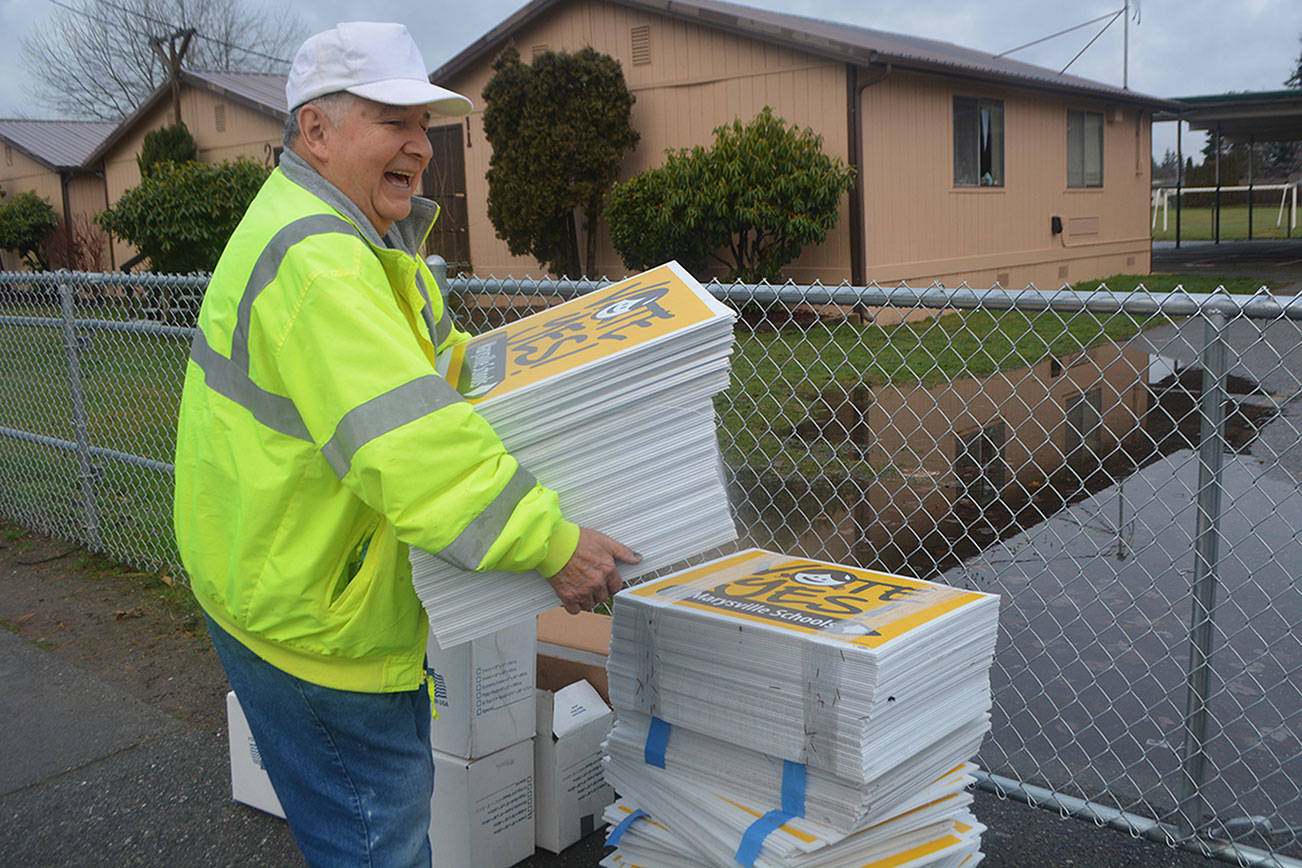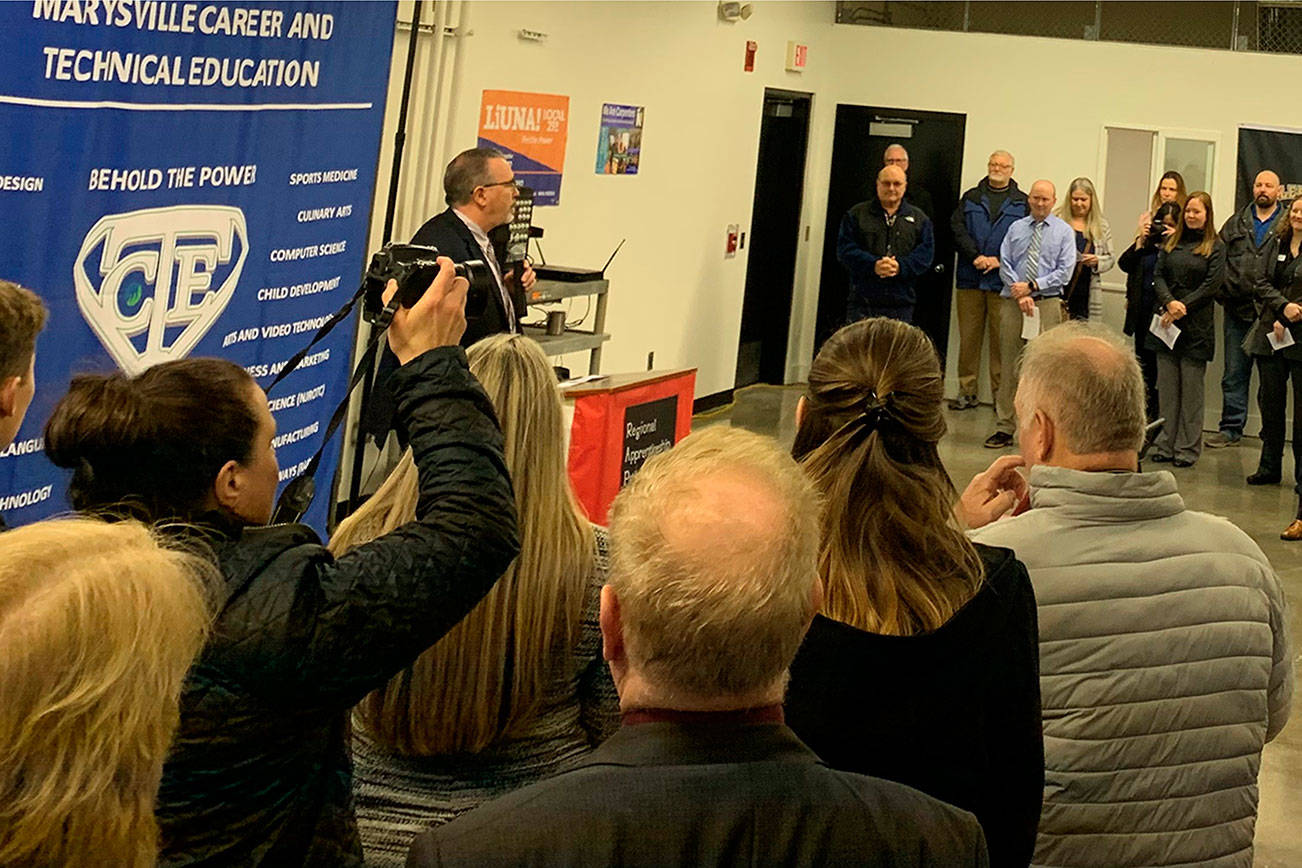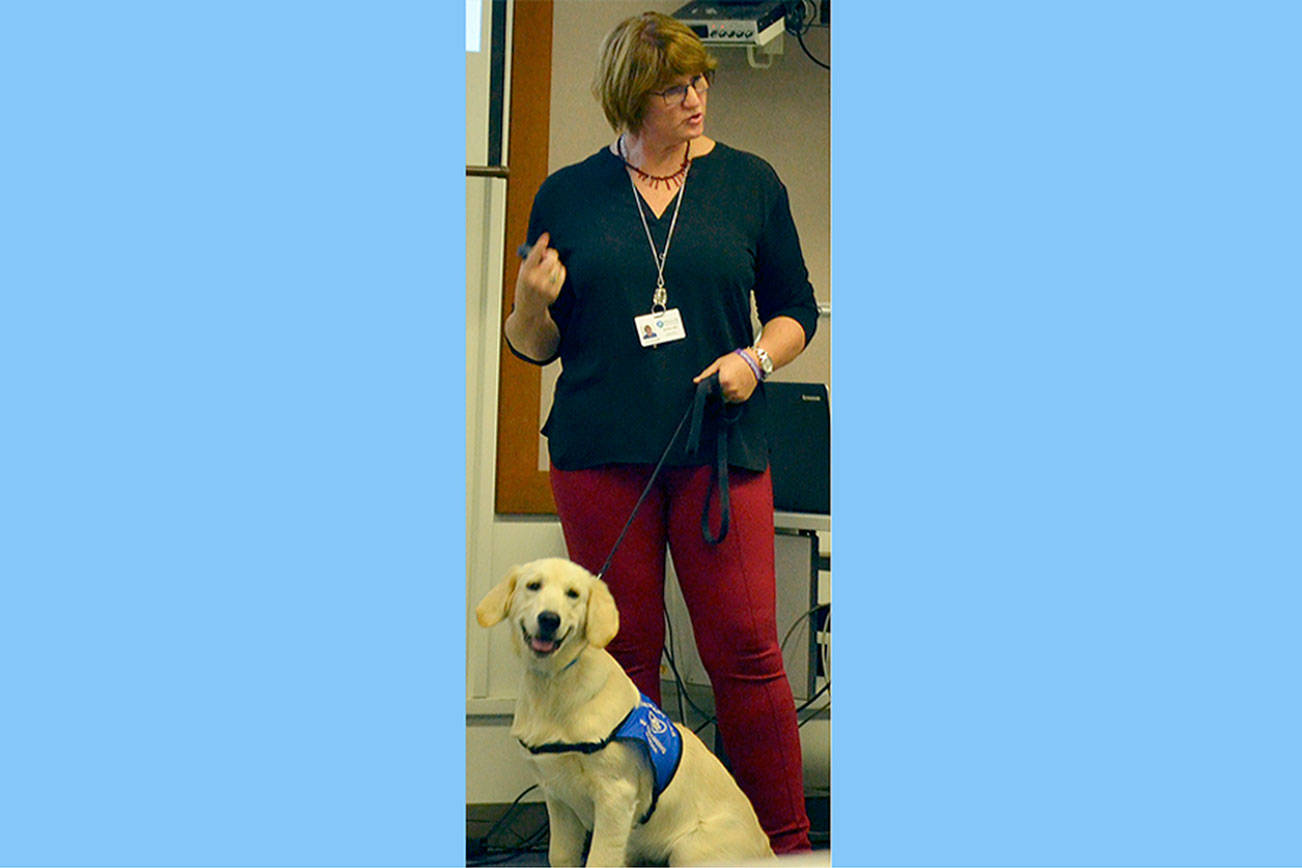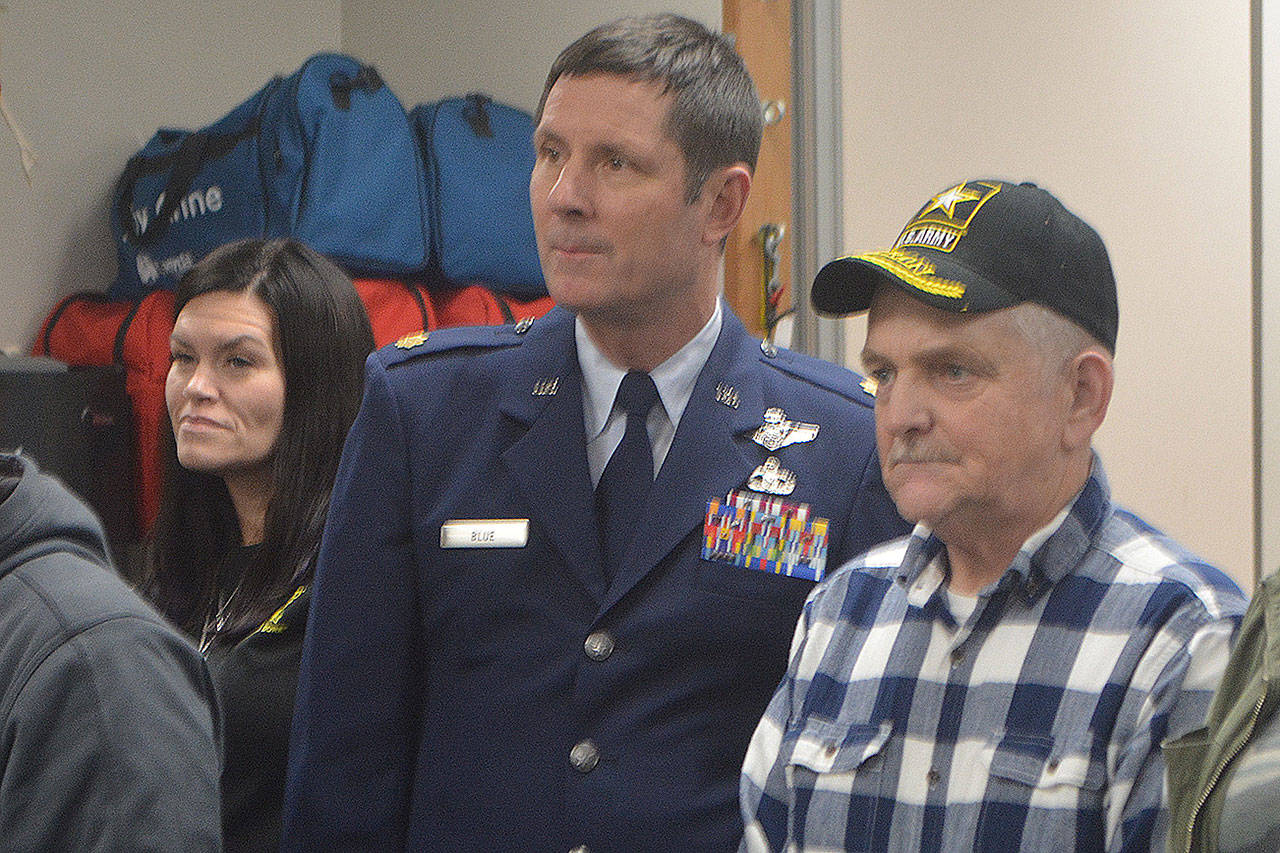MARYSVILLE – Diane Young and Barb Ritchie both lost their husbands, and they took Griefshare, a group-support program for those whose loved ones have died.
It helped them so much that they talked to their pastor at Mountain View Presbyterian Church.
“We need to be the ones getting this off the ground here,” Young said.
So in the fall of 2012, the church started offering the series. Young said she has gone to other group-support programs but she likes this one because it combines faith with practical approaches to grieving.
“I’m practical. I like to connect the dots from point A to point B,” she said.
Her husband, Darrell, was 59 and had a brain tumor when he died 14 months after diagnosis. “I had this strange misconception – I just wanted to get through this grief so I could start healing,” she said.
But she found out, “The grief process is the healing process.” She also said grief is personal. People would say things like: “It’s been six months. Don’t you kinda think you shouldn’t be crying by now? There’s pressure to get rid of things, get back to life. But it takes time.” Ritchie’s husband had emphysema and heart problems. He was given six months to live, but he died after six weeks. “That part was sudden,” she said.
Ritchie liked talking things out in the group setting. “You get to know people. It’s a safe place to share,” she said. It also helped knowing others were going through the same thing.
“You realize you’re not losing your mind. What I experienced was normal,” Ritchie said. Since it’s been seven years, Young said she and Ritchie are done with the big grieving part.
“But not through the loss. You don’t ever really get over it. You get through it,” Young said. She said emotions need to get out. “It festers if your emotions stay in there,” which can lead to significant health issues.
She said the severe pain goes away eventually. ”You do start finding joy. You fill that hole with other things important to you.” She added that grief can bring about good. “You learn and develop in ways you never thought you could,” she said. Young and Ritchie now like to share what they’ve learned with others.
“Watching people get back on their feet is incredibly healing for us,” Young said. “We’re still hearing stuff we didn’t hear the first time because our minds are in a different place. The first time you’re like a deer in headlights – stunned and hypnotized.” Young said death is shocking even when you know it’s coming.
“Once they’re gone, you know they are not coming back. Your head is ahead of your heart. It takes a while for your heart to catch up.”
Young said talking about funny memories with friends and family can be healing because they are grieving, too. At one such gathering, one friend said, “Wow, I miss Darrell tonight,” Young said. “His wife gasped. But that honest comment meant more to me – someone sharing my loss.”
As for the holidays, Young said those are hard because of the Hallmark cards on what they should be like and the traditions and memories of family and friends.
One thing to help get through it is to change traditions. “Traditions are wonderful, but they can boomerang and put you in the deepest pain that the person is not there to carry on tradition,” she said.
The Thanksgiving after her husband died, instead of hosting dinner as usual, she went to another home. “There wasn’t an empty chair sitting across from me at the table,” she said, adding she has continued that new tradition ever since. Young said people’s emotions can change in an instant. You could be looking forward to doing something and at the last minute change your mind. The best thing to do is being honest with your host. Tell them, “I’m still really raw and tender so please don’t take it personally” if I suddenly have to leave or regroup in a bathroom or bedroom.
“There’s a balance,” she said. “Push yourself out of your comfort zone, but also give yourself the gift of quiet. Time by itself does not heal. It takes work.”







